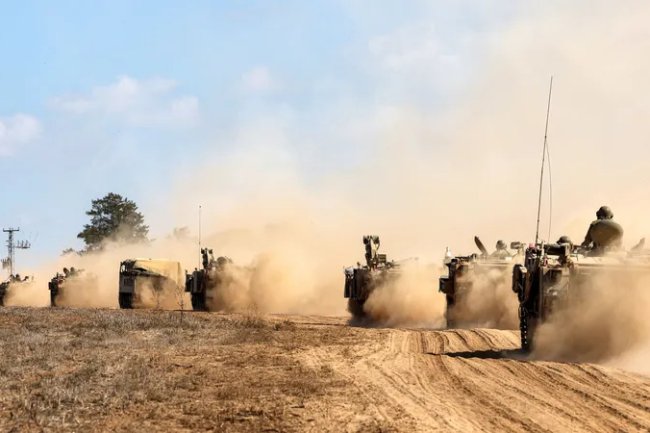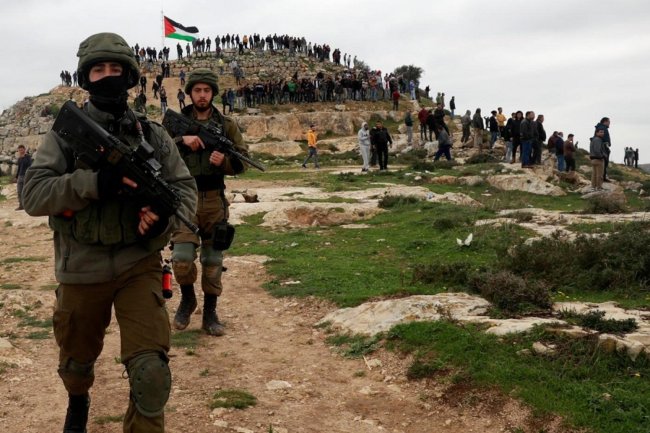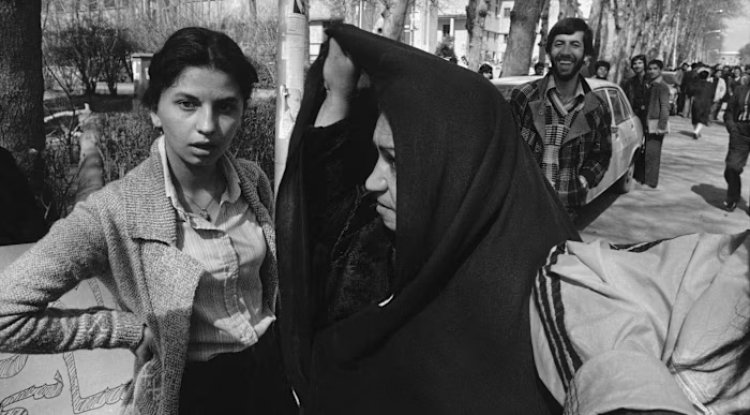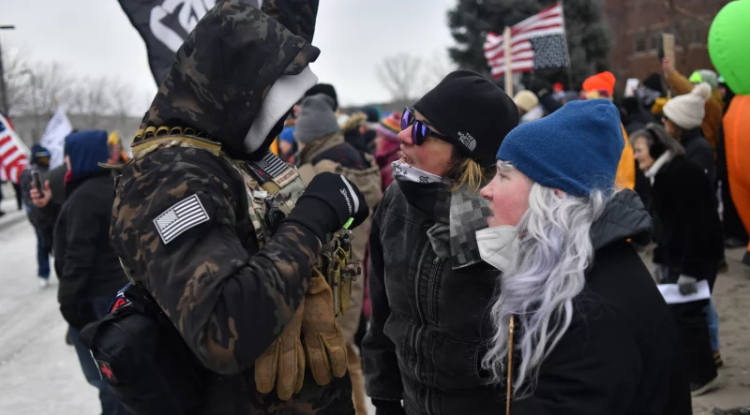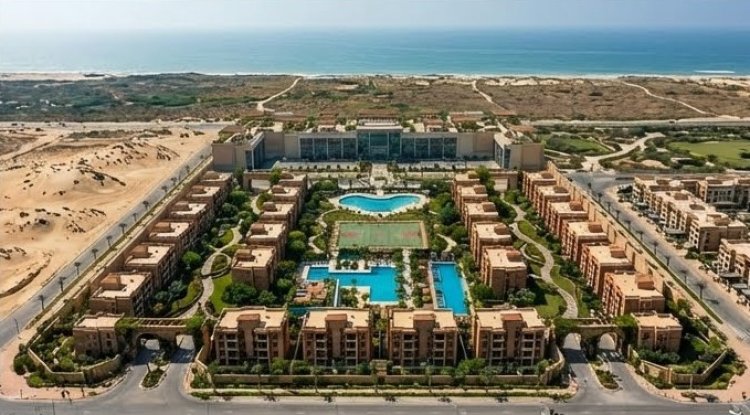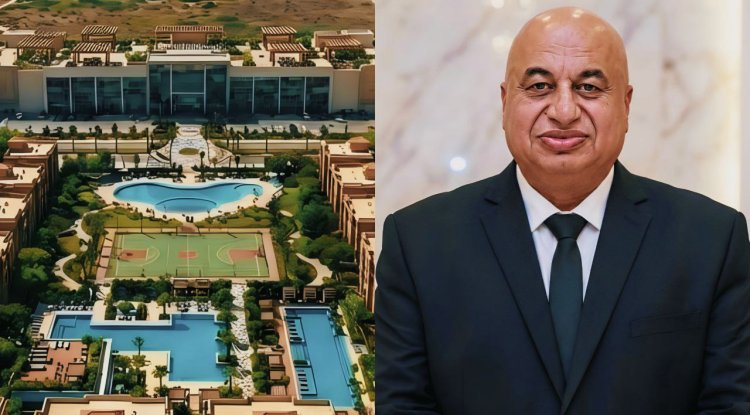Signals Readiness for War with Hezbollah After Explosive Attacks
Israel prepares for war with Hezbollah following deadly explosive attacks in Lebanon.
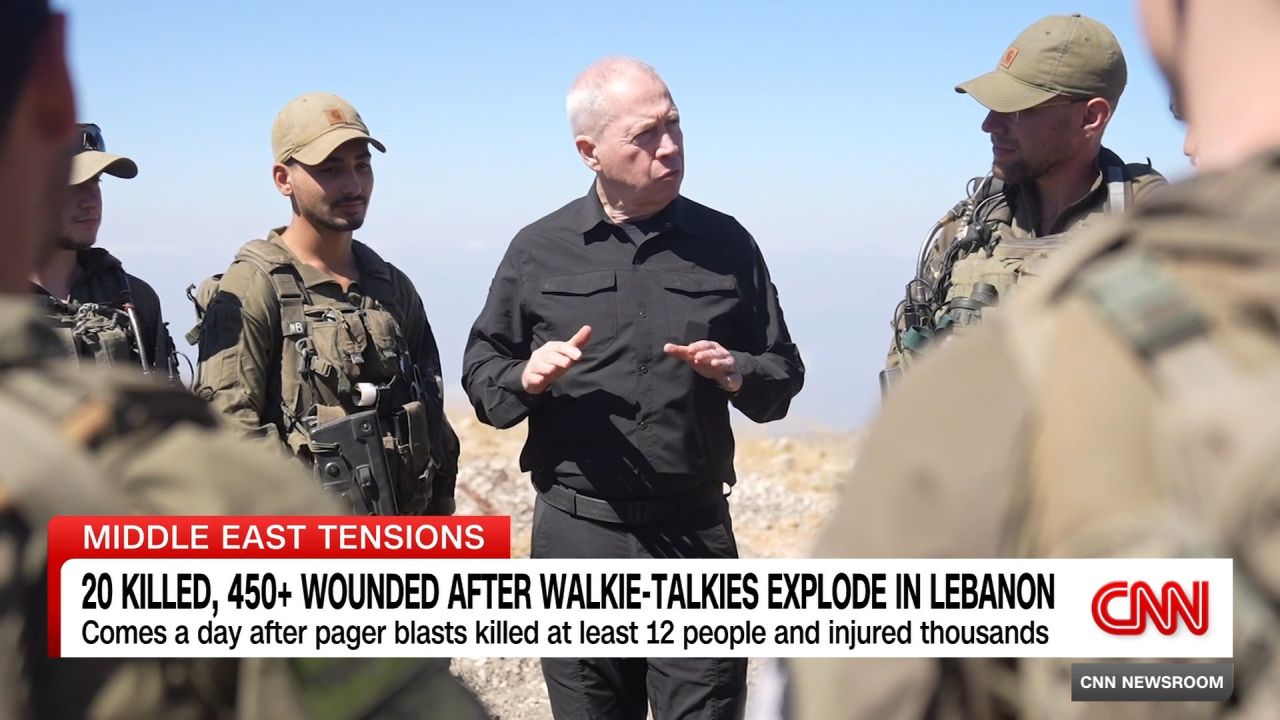
Outline
- Overview of Explosive Attacks in Lebanon
- Casualties and Impact on Lebanon
- Israel's Response and War Readiness
- Hezbollah and Israel’s Ongoing Conflict
- Tactics Used in the Explosions
- International Reactions and Calls for Peace
- Conclusion and Future Implications
Israel Signals Readiness for War with Hezbollah After Explosive Attacks
Overview of Explosive Attacks in Lebanon
Lebanon has been struck by back-to-back attacks that have targeted Hezbollah members, with explosive devices detonating across the country. On Tuesday, a series of synchronized explosions involving pagers occurred in areas like Beirut and the Beqaa Valley. These attacks, which continued with walkie-talkies exploding the following day, have thrown the nation into chaos. Videos from the aftermath show the devastating impact, with injured civilians, including children, lying in the streets.
Casualties and Impact on Lebanon
The two days of attacks left at least 37 dead, including several children, with many more critically injured. Hospitals have been overwhelmed as they struggle to accommodate the influx of casualties. In particular, hospitals like the American University of Beirut Medical Center were swamped with patients suffering from injuries caused by the explosions of communication devices. This catastrophe has left the country not only mourning but deeply concerned about its national security.
Israel's Response and War Readiness
While Israel has not officially taken responsibility for the attacks, it has issued a strong signal that it is prepared for war. A warning from Israel on Wednesday suggested the start of a “new era” in its conflict with Hezbollah. This came after months of increasing tensions, particularly in the northern border areas where many Israelis had been evacuated. Prime Minister Benjamin Netanyahu has faced domestic pressure to take action, making it a priority to restore security in the northern regions. Israel’s military capabilities, especially its intelligence apparatus, have been praised for their effectiveness in these recent strikes.
Hezbollah and Israel’s Ongoing Conflict
Hezbollah, a militant group backed by Iran, has been a longstanding adversary of Israel. The two sides have clashed frequently, particularly since October 2023, when the Gaza war reignited hostilities. Hezbollah has framed its ongoing attacks on Israel as part of a broader effort to support Palestinian militants. This axis of conflict, involving Hezbollah, Yemen, Gaza, and other regions aligned with Iran, has kept the Middle East in a state of instability for nearly a year.
Israel’s attack, involving devices that Hezbollah members use to avoid high-tech surveillance, may have been a preemptive move. An Israeli source noted that Hezbollah might have uncovered the capabilities of these devices, prompting Israel to act before its method was compromised.
Tactics Used in the Explosions
The methods behind these attacks have baffled both Hezbollah and the global community. The pagers that exploded had reportedly been purchased by Hezbollah recently, but it remains unclear how the devices were altered with explosives. An investigation by Lebanese security services and international reporters has revealed a tangled supply chain, with the devices allegedly manufactured in Taiwan, then sold by a Hungarian company. These findings have cast further doubt on the origins and manipulation of the communication tools.
As for the walkie-talkies that detonated the following day, they were a discontinued model manufactured by a Japanese company. Lebanese officials confirmed that these devices were not legally imported and had evaded national security protocols.
International Reactions and Calls for Peace
In response to the escalating situation, Hezbollah has vowed retaliation against Israel, warning of a strong response. Lebanon’s government has condemned the attacks as violations of their sovereignty, with Foreign Minister Abdallah Bou Habib describing it as an “introduction to war.” Calls for intervention from the United Nations and the United States have increased, with both urging for peace talks to stabilize the region.
International organizations, such as Human Rights Watch, have condemned the violence and urged an independent investigation into the attacks. The UN’s human rights chief echoed these sentiments, warning that such acts of aggression violate international humanitarian laws.
Conclusion and Future Implications
The future remains uncertain as Lebanon recovers from the dual attacks and braces for potential further escalation. Israel has made it clear that it is ready for a broader conflict with Hezbollah, and both sides have a long history of conflict. The international community will need to play a crucial role in mediating the situation to avoid a full-scale war that could further destabilize the Middle East. However, with both sides deeply entrenched in their positions, a peaceful resolution seems challenging.
FAQs
1. What were the devices used in the attacks on Hezbollah members?
The devices were pagers and walkie-talkies, which exploded across Lebanon, causing numerous casualties.
2. Has Israel officially taken responsibility for the attacks?
Israel has not formally admitted to carrying out the attacks, though it has signaled its readiness for war and hinted at its involvement.
3. What has been Hezbollah’s response to the attacks?
Hezbollah has promised retaliation, vowing that Israel will face "fair punishment" for these assaults.
4. How has the international community reacted?
The UN and Human Rights Watch have condemned the attacks, calling for an independent investigation and urging both sides to return to peace talks.
5. What is the broader context of the Israel-Hezbollah conflict?
This conflict is part of a larger regional struggle, with Hezbollah being one of several groups backed by Iran that are engaged in long-standing hostilities with Israel.
For more in-depth updates and articles on the Middle East conflict, visit Kiksee’s Middle East Conflict Updates.
What's Your Reaction?







